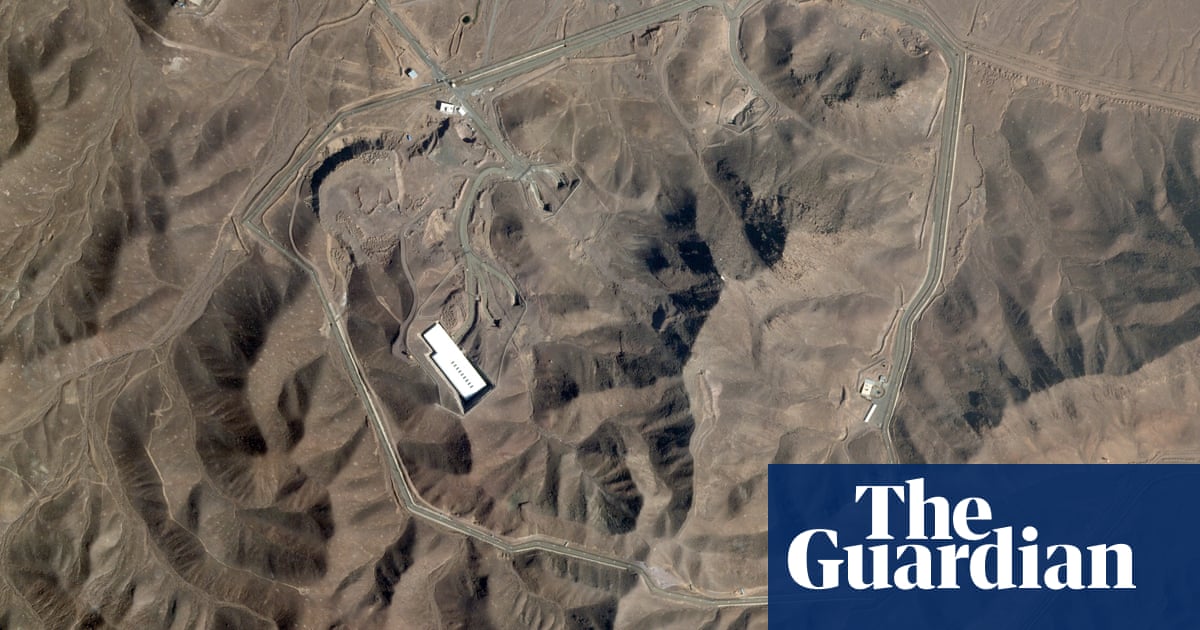Making permanent the UK’s windfall tax on oil and gas producers would generate enough cash to enable North Sea workers to move to green jobs, research has found.
Cutting current subsidies to fossil fuel producers would free up yet more funds to spend on the shift to a low-carbon economy, according to the report.
About £1.9bn a year will be needed to provide for oil and gas workers to be retrained and to create new infrastructure and green jobs in a “just transition” away from fossil fuels, according to the campaign group Oil Change International.
Of this, about £1.1bn would be needed to help develop the wind industry and create new green jobs; about £440m would be needed to invest in ports to make them capable of constructing and maintaining offshore wind turbines; and £355m would cover a training fund for oil and gas workers.
Making permanent the current windfall tax – called the energy profits levy, and imposed on North Sea producers after Russia’s invasion of Ukraine hiked oil and gas prices, resulting in an unprecedented bonanza of hundreds of billions in unearned profits for the sector globally – would raise at least £2bn a year, the analysis found.
Rosemary Harris, a senior campaigner at Oil Change International (OCI ), said: “Transitioning to a renewable energy economy is one of the greatest opportunities the UK has to create secure, well-paid jobs for energy workers and build a fairer future. But right now, the government is failing to meet the challenges facing workers and communities. As jobs disappear and the cost of living soars, communities are being left behind. This plays right into the hands of those who wish to weaponise the government’s inaction for their own profits, under the guise of caring about workers.”
One of Labour’s manifesto pledges was to end the issuance of new licences in the North Sea, which has come under fierce attack from the Conservatives and Reform, which argue for continuing to exploit the resources.
However, fossil fuel reserves in the North Sea are rapidly dwindling, which will mean a decline in jobs whatever happens. Harris said: “We need to see the government take the needs of workers seriously, through coordinated, purposeful and, crucially, funded interventions to support them. It should be clear to everyone at this point that we cannot rely on the market and industry bosses to deliver these.”
OCI also advocates closing tax loopholes, such as the “carried interest” provision in capital gains tax. That allows private equity fund managers to pay a much lower rate on their investment tax than they would if they had to pay income tax on it. Closing it would boost revenues by about £490m a year, OCI estimates.
Fossil fuel producers are benefitting from £17.5bn a year in UK government assistance, according to the campaign group Global Justice Now (GJN). This is the highest level in nearly a decade and is on course to increase over this parliament.
Tax breaks for fossil fuel producers, such as those on extracting oil and gas from the North Sea, and decommissioning oilfields, are worth about £2.7bn a year, according to the report. Nearly £900m a year of investment in carbon capture and storage technology, intended to help meet the UK’s goal of net zero greenhouse gas emissions by 2050, is also classed as a subsidy to the fossil fuel industry by GJN.
after newsletter promotion
The UK joined the Coalition on Phasing Out Fossil Fuel Incentives last year at the UN Cop29 climate summit in Azerbaijan, and is pledged to phase out “inefficient” fossil fuel subsidies.
However, some of the measures classed as subsidies in the GJN report are in part a response to high fossil fuel prices, and the increased cost of living, which have hurt the UK’s poorest households most. These include a reduced rate of VAT on gas and other fuels, worth about £6bn a year, and £4.7bn in fuel duty relief, which is supposed to help drivers in rural areas who would otherwise face higher costs for vehicle fuel.
The authors said amending some measures would need to be done carefully to ensure low-income households were not hit.
A government spokesperson said: “We are making the UK a clean energy superpower so we can protect family finances and our national finances. The UK does not give fossil fuel subsidies and supports international efforts on reform. This government has delivered on its manifesto commitment to remove unjustifiably generous investment allowances from the energy profits levy regime, and extended it to 31 March 2030.”

 1 month ago
28
1 month ago
28

















































